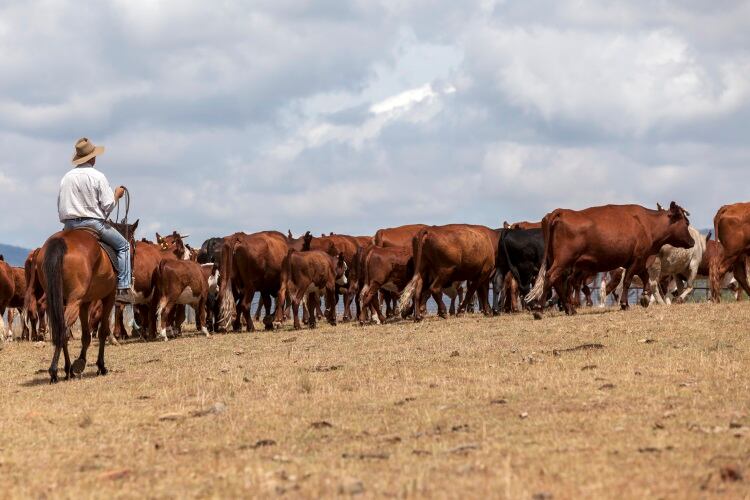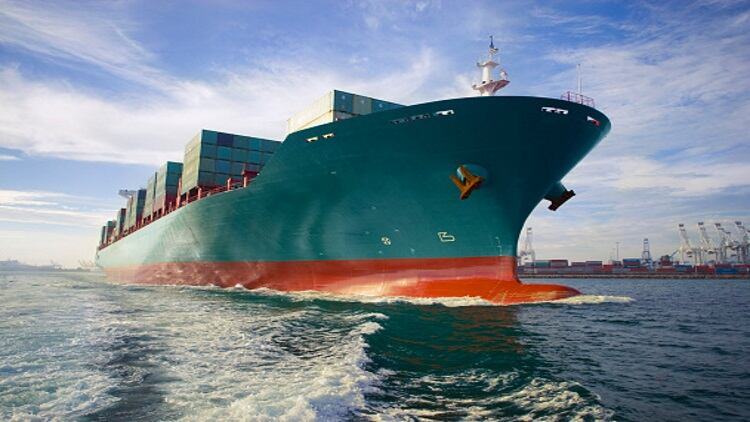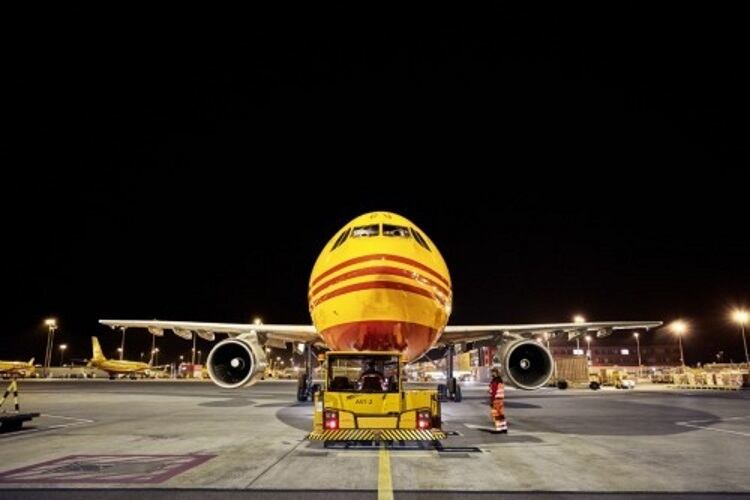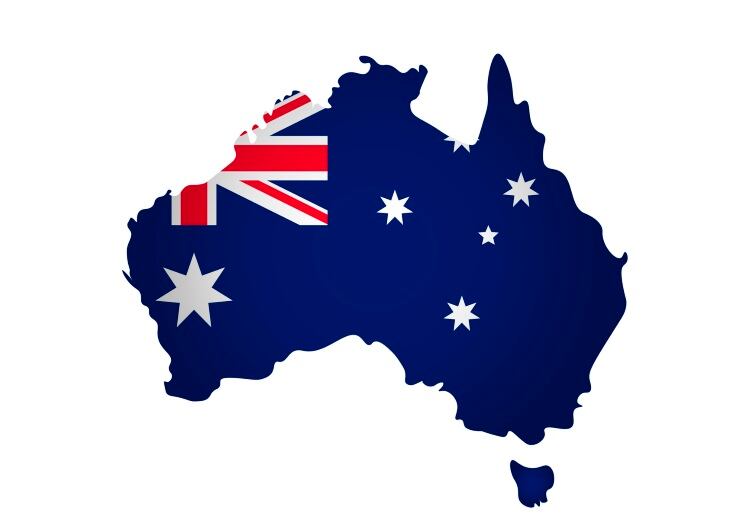The Department of Agriculture, Water Resources and the Environment last week announced the levy would not go ahead. It said that an alternative levy will not be explored or progressed.
In a statement, it said: “The department undertook a co-design process with industry to develop a levy model that was practical for industry and the government.
“This process highlighted that a levy could not be implemented without significant regulatory impacts on industry and proposed levy payers. The decision not to proceed with the levy has also been made with consideration of the ongoing impacts of drought, bushfires and COVID-19 on the Australian economy and the rapidly changing trade environment.
“This decision will not impact on the overall biosecurity budget or the capacity of Australia’s biosecurity system. Australia’s biosecurity system will continue to be funded through existing arrangements.”
Cattle Council CEO Travis Tobin said the Federal Government should find a new and fair way to increase biosecurity funding.
“Our biosecurity system shouldn’t fall over just because the levy did,” he said. “The levy was meant to provide another $325m over three years to protect our borders on top of what’s already spent, and that extra money should still be invested in biosecurity.
“We’re not worried about where the money comes from, so long as it’s fair. Everyone benefits from good biosecurity and our system should be second-to-none.
“Annually, more than 1.8 million sea cargo consignments, 41 million air cargo consignments, 152 million international mail items and 21 million passengers arrive in Australia, and numbers are growing every year.”
He said biosecurity measures were needed for the country’s beef industry.
“Biosecurity protects the health and wellbeing of everyone in the country,” added Tobin. “It ensures Australians have access to healthy, nutritious and affordable foods such as grass-fed beef.
“This system protects Australia’s $19 billion beef industry that employs people in both regional and metropolitan areas. Our message to government is to find the money, secure our beef industry and keep our way of life safe.”




